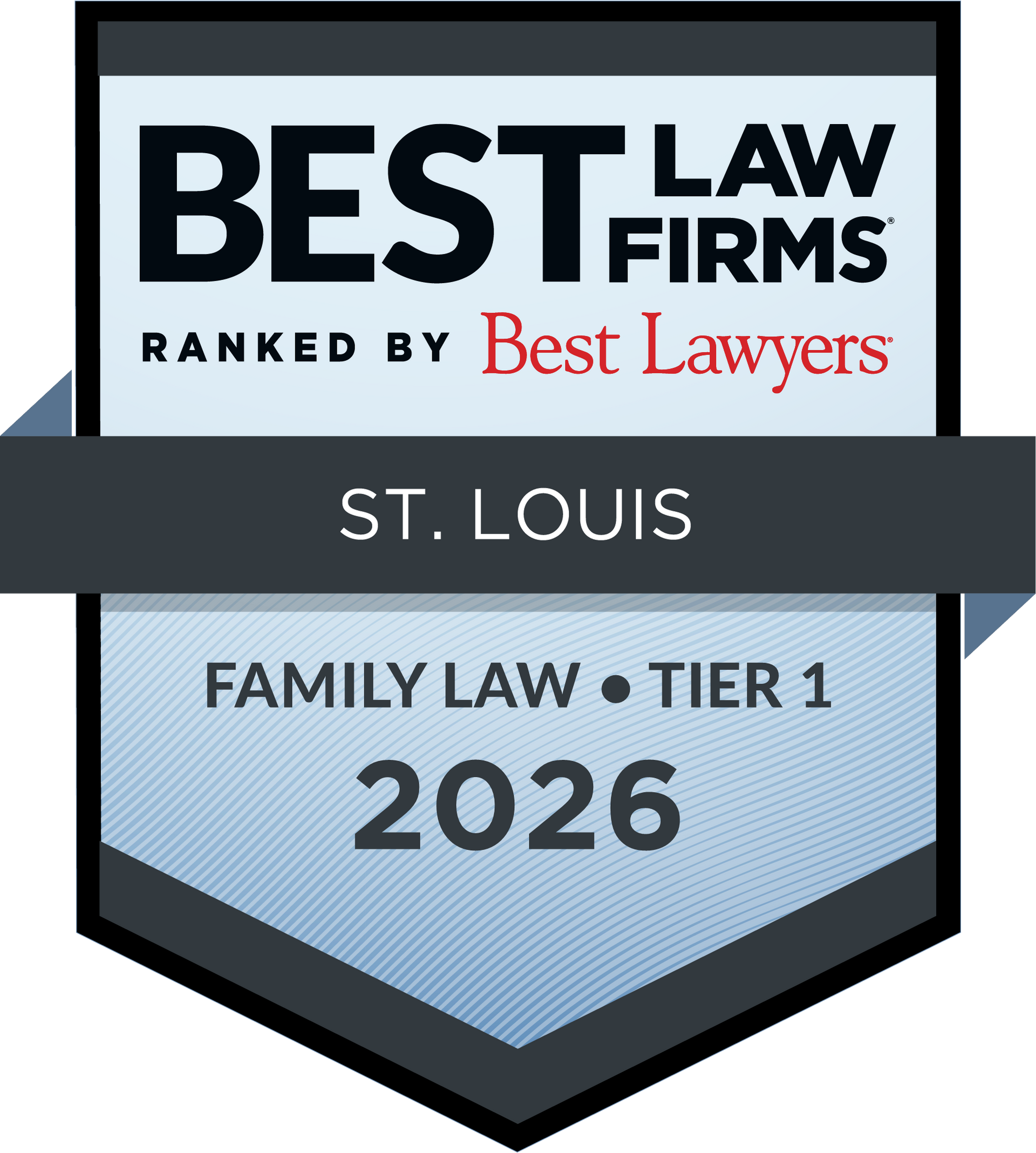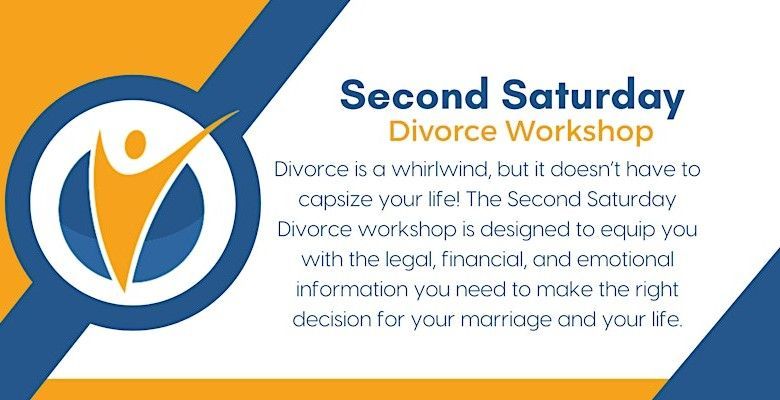Preparing for Depositions
Ann Bauer • September 16, 2019
Both parties in a family law dispute have the right to engage in discovery which may include depositions. A deposition is a witness’s out-of-court testimony, under oath, used to gather information as part of the “discovery process,” which occurs when a case is contested and headed toward trial. If you are being deposed, the attorney for the other side will ask you questions. The person being deposed is called the “deponent.” A court reporter will be present to record the questions, your answers, and any objections made by your attorney in order to create a transcript. The transcript may be used at trial by your attorney to help provide the judge with additional evidence or by the attorney on the other side in an attempt to “poke holes” in your testimony during cross examination at trial.
Below are tips to help prepare you for depositions.
- Listen carefully to the questions you are asked. This might be the single most important piece of advice. A witness who follows this advice accomplishes many of the goals of a successful deposition. Wait until the question is finished before beginning to answer. Answer if you understand the question. Answer the question asked, and only that question. Give your lawyer the opportunity to interject an objection in a timely fashion. Let the examining attorney finish the question before the answer is given.
- Be sure you understand a question before you answer. A witness does not do anyone a favor by trying to answer a question he or she did not understand. Lawyers are fond of asking long, complex and often convoluted questions, not necessarily to confuse the witness, but often with that result. If the question is too long, contains words the witness does not understand, or just does not make sense, the witness should ask to have the question rephrased. If you do not understand the question, say so.
- Answer the questions clearly and simply. The best answer is a short one. Any question that can be answered “yes” or “no” should be. Do not delve into lengthy explanations in response to the simplest questions. This has the effect of prolonging the deposition and possibly causing the examining lawyer to inquire into areas that would otherwise have been missed.
- Answer only the question you are asked. A witness should concentrate on what the lawyer asks, and answer only that question as briefly as possible.
- Do not volunteer information, and do not guess or speculate. You are not there to tell the other lawyer your story, you are there to answer questions. Witnesses are sorely tempted to want to “get to the point”. Although a witness might believe the lawyer is either unable or unwilling to find out what he knows, the deponent should simply answer the questions asked and nothing else. If you are going to tell a story, let it be under your lawyer’s guidance in front of the Judge! Make the attorney deposing you work for the information; never give more than they ask for.
- If you do not know or recall the answer to a question, say so. Some witnesses feel they have to answer every question. The simple truth is a witness will not remember or know the answer to every question. It is perfectly acceptable to say so. In fact, it is much better for you to admit that you do not know or recall something than to guess or speculate about an answer and be wrong.
- Refer to exhibits if they contain the information necessary to answer questions. A witness is frequently asked to read, describe or interpret information that is contained within an exhibit. Take all the time that you need to read and review an exhibit. In addition, if it is necessary to refer to an exhibit to give accurate testimony, do so.
- Do not hurry. Some witnesses, anxious to have the deposition over, think they should answer questions as quickly as possible. However, answering questions too quickly causes many problems. For example, when the witness and the questioning attorney talk at the same time, it becomes impossible for the court reporter to transcribe accurately. Ironically, answering questions too quickly will likely have the effect of prolonging the deposition, not ending it. A brief pause between the end of the question and the beginning of the answer gives the lawyer time to finish the question and gives the witness time to consider the answer. If you become concerned and wish to consult with your attorney, request a break.
- Be courteous, polite and respectful. Never argue with the lawyer. Let the lawyers do the arguing. Depositions are serious business and should be treated as such.
- Tell the truth. The oath that you take at the beginning of the deposition is the exact same oath you take when appearing in Court before a judge. A witness should tell the truth, the whole truth, and nothing but the truth. Most people are not used to talking that way, but it’s the best way to avoid trouble in a deposition
If you are interested in consulting with one of our experienced attorneys at The Center for Family Law, we would be happy to sit down with you. To schedule a consultation, go here
or call (314) 721-8844.

We are thrilled to announce that four of our attorneys have been recognized in the 2025 Super Lawyers® and Rising Stars lists! This distinction honors outstanding legal professionals across the nation who demonstrate excellence in their field, and we are proud to celebrate the exceptional achievements of our team. Celebrating Our Super Lawyer Ann Bauer has once again been recognized as a Super Lawyer in Missouri & Kansas, marking her 19th consecutive year on the list. Ann’s dedication, skill, and commitment to her clients have earned her additional prestigious honors: Top 50: Women Missouri & Kansas Super Lawyers – 11th year Top 50: St. Louis Super Lawyers – 7th year Ann’s recognition is a testament to her decades of experience and unwavering commitment to families and individuals navigating complex legal matters. Rising Stars of 2025 We are also proud to celebrate our three attorneys named Rising Stars this year: Allison Gerli – 8th year Kristen Sparks – 7th year Hallie Van Duren – 5th year The Rising Stars designation recognizes outstanding attorneys who are making a significant impact in their field earlier in their careers. What This Recognition Means The Super Lawyers and Rising Stars lists are highly selective, recognizing only a small percentage of attorneys in each state based on peer nominations, professional achievement, and other rigorous criteria. Being named to these lists reflects the consistent excellence, skill, and dedication our attorneys bring to every case. We are proud to have a team of legal professionals who combine experience, empathy, and expertise to serve our clients. Congratulations to Ann, Allison, Kristen, and Hallie for this well-deserved recognition!

We are proud to share that The Center for Family Law has once again been recognized as a Tier 1 law firm in St. Louis in the practice areas of Family Law and Family Law--Mediation. Firms named to the 2026 “Best Law Firms” list by U.S. News & World Report and Best Lawyers® are honored for their professional excellence, earning consistently strong ratings from clients and peers. A tiered ranking reflects a unique combination of quality legal practice and breadth of expertise. The 2026 “Best Law Firms” rankings, released this month, are based on client feedback, peer evaluations from leading attorneys, and additional information submitted by participating law firms as part of a comprehensive review process. About The Center for Family Law Since 2013, The Center for Family Law has provided progressive, client-centered family law services with compassion and dedication. Our attorneys are committed to advancing the practice of family law and adapting to its ever-evolving landscape. We partner with each client to address their unique needs and goals, helping families navigate challenging transitions with respect and care.


